You only need a passing familiarity with director Michael Haneke to know the title of his latest, Happy End, is dripping in irony. Unfortunately, it’s also steeped in Haneke’s trademark humorlessness and detached formalism, meaning this ironic title is more of a punchline and not a particularly astute, satisfying or surprising one. With that same amount of familiarity in mind, you’ll probably know at this point if Haneke’s film is for you or not based solely on reputation. But even understanding that I am not the target audience for Happy End and knowing ahead of time that Haneke’s brand of cinema is the antithesis of what I look for in a movie, I can’t even drum up the kind of begrudging respect I’d normally get from his films. In a word, Happy End feels especially minor.
There is only a sense of a plot, as Haneke follows the firmly bourgeois Calais family around through various tragedies and hardships that, in a film with less of a self-serious veneer, would be pegged as melodrama. But melodrama would be too entertaining, I suppose. Instead, Haneke chooses to shoot the aftermath of these acts — the family patron’s (Jean-Louis Trintignant, Amour) descent into aging, the death of preteen Eve’s (Fantine Harduin) mother, a construction accident — at an arm’s length and with no emotion. If you’ve never been exposed to Haneke, the result is a lot of static shots of dialogue and languid scenes featuring a 12-year-old packing luggage. Not exactly riveting stuff, and for me personally, it’s a style of film that screams importance while not really doing anything for me intellectually or entertainment-wise.
Haneke’s purpose, of course, isn’t to entertain or really to engage in cinema in any palpable way, a tricky situation for a someone making a movie. Instead, the idea here is to shine a light on disaffection, guilt and bourgeois hypocrisy. Which is fine in theory, namely because I’m a firm believer that any topic can be made into an interesting film if in the right hands. Haneke’s, in this case at least, are not those hands, namely because he sucks the air out of the entire movie. As with many of his movies, there’s a distinct lack of humanity; characters are little more than ciphers plopped down into situations, with a plot vaguely structured around them. Things happen without much emotion being shown, frustrating because the situations they’re put in are severely affecting.
There should be human emotion behind these characters, but there’s not. These are people dealing, basically, with murder, euthanasia, a refugee crisis and suicide, to name just a few aspects of the plot. But everyone remains unaffected. I suppose this is supposed to be Haneke’s grand point, maybe, but it feels superfluous and not worth examining for nearly two hours. It’s just drab and joyless and for Haneke completists only. Rated R for some sexual material and language. Now playing at Grail Moviehouse.

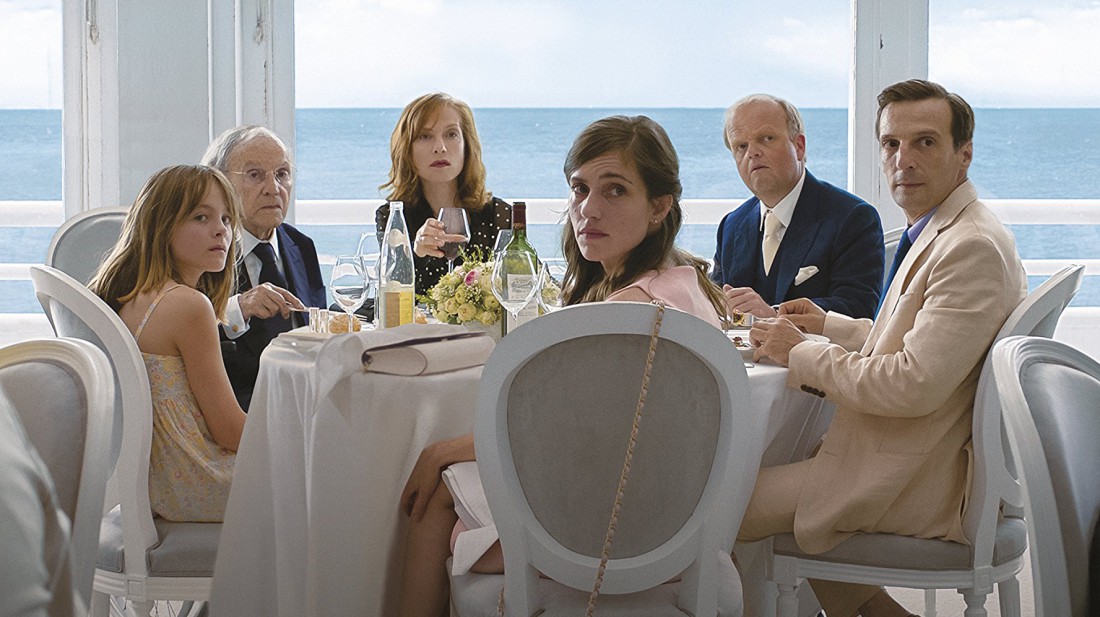
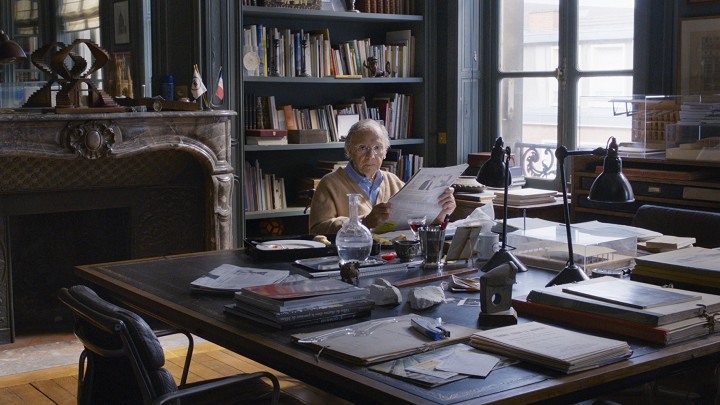
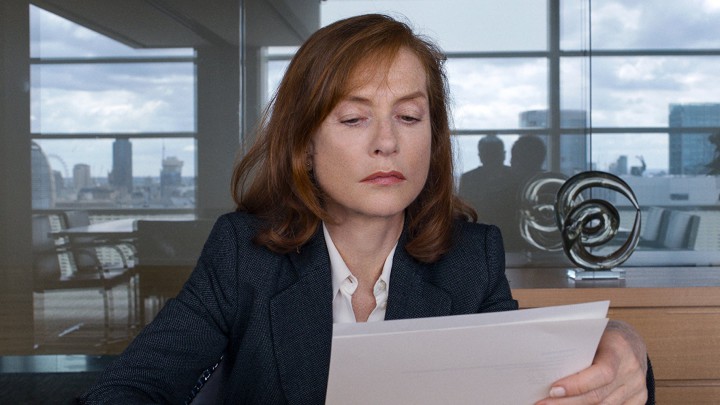

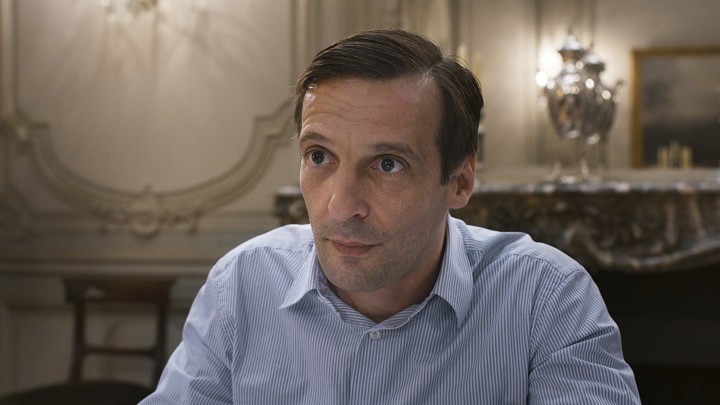
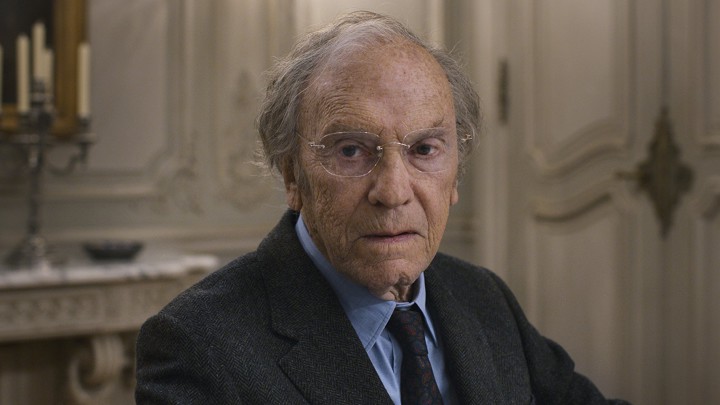

Before you comment
The comments section is here to provide a platform for civil dialogue on the issues we face together as a local community. Xpress is committed to offering this platform for all voices, but when the tone of the discussion gets nasty or strays off topic, we believe many people choose not to participate. Xpress editors are determined to moderate comments to ensure a constructive interchange is maintained. All comments judged not to be in keeping with the spirit of civil discourse will be removed and repeat violators will be banned. See here for our terms of service. Thank you for being part of this effort to promote respectful discussion.